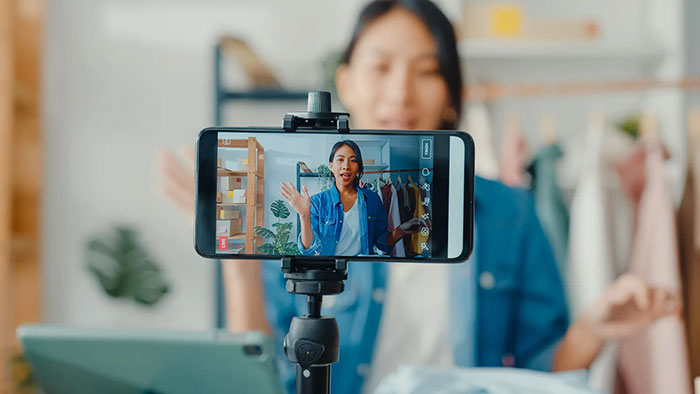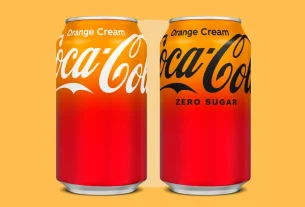Influencer marketing continues to grow in popularity, with 59% of marketers reporting they plan to partner with more influencers this year compared to 2024.
Only 37% plan on partnering with the same number, according to data from Sprout Social.
While marketers are increasing their investments in influencer marketing, rapid changes in the social media landscape raise questions on effective strategies for implementation.
“The market for influencers continues to grow and we don’t see that slowing down. Consumers will follow influencers to new platforms as they’ve become trusted sources of inspiration and entertainment,” said Layla Revis, vice president of social, content and brand marketing at Sprout Social.
Sprout’s “Q1 2025 Pulse Survey” included 650 marketers from the U.S., UK and Australia.
All respondents had duties related to social media management and influencer marketing. The online survey was conducted by Glimpse between Jan. 9 and Jan. 27, 2025.
Sprout’s “Q1 2025 Pulse Survey” included 650 marketers from the U.S., UK and Australia. All respondents had duties related to social media management and influencer marketing. The online survey was conducted by Glimpse between Jan. 9 and Jan. 27, 2025.
The more the merrier?
Seventy-seven percent of brands partner with 1-10 influencers at any time. B2C brands tend to engage in a higher volume of influencer partnerships compared to the average, with 52% of consumer-facing brands partnering with 6-10 influencers while 23% partner with 11-19 influencers.
The reasons for investing in influencer marketing are varied, according to the survey. For 66% of brands, the investment is meant to increase brand awareness. Over half of survey respondents said influencer marketing increases audience engagement (59%) and increases credibility, trust and revenue growth (55%). Under half said the goal is to improve customer loyalty and retention (45%) and product development and co-creation (33%).
“The reality is that traditional forms of digital advertising are losing their edge. Shifts from traditional SEO have been impacted by new [artificial intelligence] search trends, paid media is more costly and, oftentimes, delivers less impact, and brands are turning to influencer marketing not just as an alternative tactic but as a powerful strategy,” said Revis.



